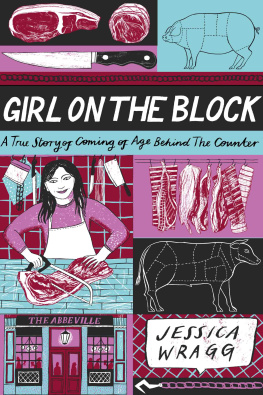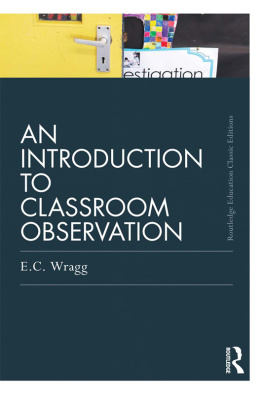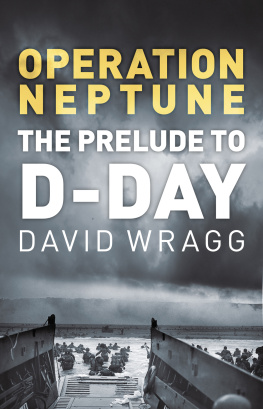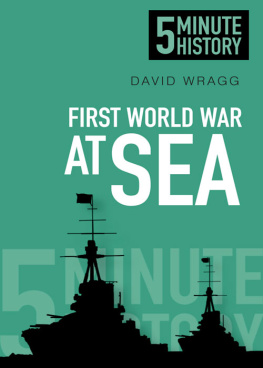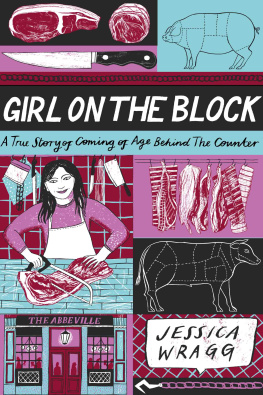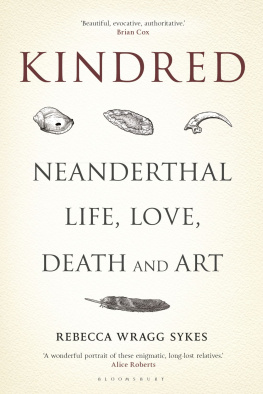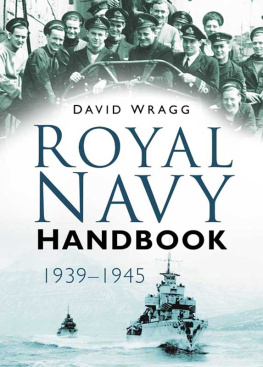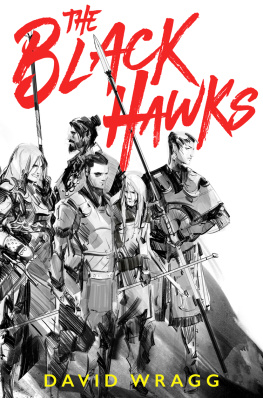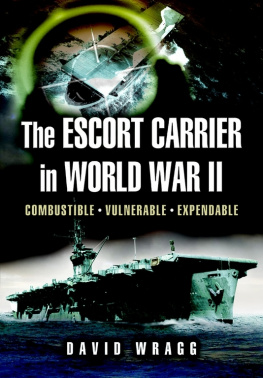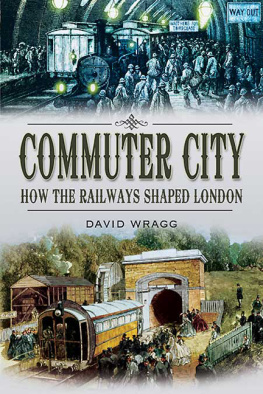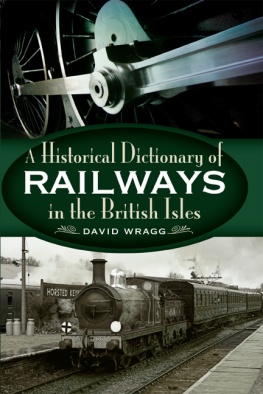To Mum and Dad, for never letting me down, and for believing this would always happen.
To Hattie and Jamie, for the best seven years of my life.
To Ben, for everything.
I am sitting in the dining room at my grandmothers house. Her furniture is outdated, still the same as in those blurry photographs of us from the mid-nineties. The table is covered in an old doily, the books on the shelves stacked against VHS tapes. I fell off her yellow sofa at age two, and that same yellow sofa is covered in a thin woolen throw to protect the cushions below.
It is Easter Sunday 2008. We have never eaten lamb at Easter, at least not in my recent memory. My family claim not to be picky eaters, and I suppose that is true, but when it comes to meat, we mostly eat the leaner cuts and we cook them thoroughly. As an only child and only granddaughter who has not once cooked a meal for herself, I eat what I am given, unquestioning. My father and I sit quietly, waiting for the meal. There is a rattle of pots and pans in the kitchen, the hiss of running water, and the low muffled voices of my mama and mother. My granddad died recently.
We are served dinner on china with a brown and red flower trim. I sit, anxious, in what was once my granddads chair. This is the first time that one of us has taken his place at the table and Im afraid of what Mama might think. For a few months after he died we avoided all of his places: his armchair by the window, his chair at the head of the dining room table, the front seat of the silver Ford Fiesta that he used to drive while listening to an out-of-tune radio that was no more than white noise. The first time I sat in his armchair everyone held their breath, and the silence that normally hung over us suddenly felt heavier.
My dad and I murmur thank you as the gravy boat hits the table, clinking against a bottle of fizzy white wine. There are extra wine glasses by our place settings, offset by crumpled cream napkins, and a small bowl filled with strong horseradish that turns my stomach. We say thank you repeatedly, eager for Mama to know that we appreciate her.
Dinner is tenderloin steak, but Im not sure that anyone welcomes it. On special occasions we are all really craving KFC, which, for some reason, has become a tradition on Mothers Day, Fathers Day, and sometimes even birthdays. Mum and Mama have bought the tenderloin steak because it is expensive, and theres comfort in knowing we can afford it. Im more excited about the McCain oven fries and onion rings that Mama cooks along with the steak and the sweet corn from the tin with its sugary crunch.
The steak swims in hot, pale claret; a gray lump with a little char on the outside in the center of a pallid sea. When I pull on it with my knife and fork, Mum shoots me a look, but I am fascinated. The meat has a feathery grain, and the more I pull, the more liquid oozes out onto my plateblood mixed with a little melted fat and oil from the pan, wetting the fries until the crispy corners turn soggy. We all say cheers with empty glasses and eat in silence.
The steak goes first on everyones plate but mine. I pick over it, and perhaps I look ungrateful, but I am a teenager after all. My first cut reveals blush pink, almost purple flesh, and a thin white strand of something rubbery. It pings back into place when I yank it with the prongs of my fork. Another look from my mother and I slice through the steak and shovel a piece into my mouth. The sinew gets stuck between my two front teeth, and the meat feels dry and heavy on my tongue as I start to chew. My granddads heart gave up a few months ago, yet here we are, eating steak.
Jims always does good meat, says my mother. Jims is the butcher shop at the top of Clay Cross, where she and Mama trekked to get the steak the day before. It has been there for yearsa mucky white front on the main road running through the small town, outlasting most of the shops and bars that came and went around it. Surprised hes still going after all this time.
I remember when Jessica was a baby, says Mama, as if I am not there. She does this often. We used to take her up to the butchers and Jim used to give her a piece of ham. It was before she had any teeth. She used to suck on it and still have it in her mouth when we got back home.
I look down at what remains on my plate, slice it up, and eat it all, chewing through the gristle until it crunches between my jaws.
M y mother was the one who had first spotted the job, circling it in red pen and leaving the folded newspaper out on the kitchen table in my full view.
HELP WANTED. VILLAGE FARM SHOP.
CUSTOMER SERVICE ASSISTANTS NEEDED.
REMUNERATION DEPENDENT ON EXPERIENCE.
A week later, I was following a thin, curt woman down white marble steps to her basement office, her mid-heeled, motherly shoes clacking with the weight of her waddle. Gripping the hem of my new yellow dress, bought for me from Topshop because it was of modest length, I tried to look professional as we sat down for the interview. We were surrounded by splintered wooden beams and rubble left in small, neat piles behind red and white caution tape. I wondered if this was where she conducted all of her interviews. In a tiny window high above her head, I could see my mother and father waiting for me under a tree in the courtyard, looking up into the sky at nothing in particular.
In my bag, wedged between the pages of a Vogue magazine to keep it straight, I had my CV, but she did not ask to see it. My cousins, all a little older, had Saturday jobs. One had just bought a car. My best friend worked weekends in a restaurant and something about the way she said I cant, Im working, like she had inside knowledge of some sweet, secret world, filled me with envy. My friends and I had started to go out on Friday and Saturday nights, and even the occasional Monday or Wednesday. Wed sneak past the bouncers at a cocktail bar up near town center and drink pia coladas until we felt sick, or wed brazenly drink half pints at the local pub in front of the landlord, who knew full well that we were underage. But at sixteen I was still dependent on my parents, and although they understood where my friends and I were skulking off to, they were generous with my weekly allowance. Suddenly money seemed to be all that mattered because money bought the only things that matter when youre sixteenalcohol, tickets to the movies, new clothes. Id applied and got a call the next day.
The woman and I chatted idly about customer service, and to me, the right answers were all common sensethe bottom line is that you dont tell the customers to fuck off. She seemed impressed with my responses and assumed that I, like everyone, knew the history of the prestigious farm shop. In a sense, she was right. Id done a bit of research the night before on our dial-up, while sending doting messages to my boyfriend on Messenger.
The farm shop, famous for afternoon teas overlooking the valley and its array of fancy food, was perched in the hills of the Peak District and surrounded by fields of plump Jersey cattle. We had driven through the estate, home to a duke and duchess with a long-standing family history, to get there. The long, sharply winding road cut through acres of plush green countryside, deer scattering as my dad floored the acceleratorGod forbid we were late. Herds of sheep grazed manically down by a river stretching miles into the distance. The house itselfafter which the estate, the farm shop, even the yearly country fair were all namedsat happily halfway up a steady hill and had done for six centuries. One of the most famous surviving country houses in the worldfive floors, one hundred twenty rooms, gilded windowsthe house is mentioned in

